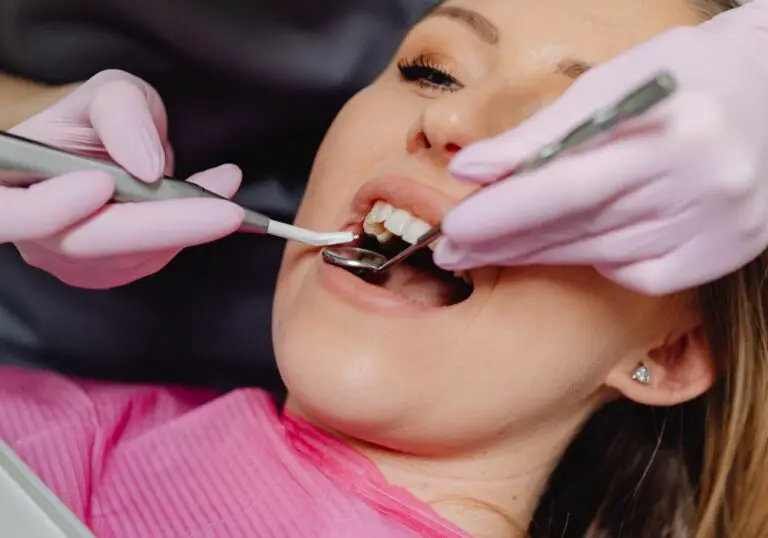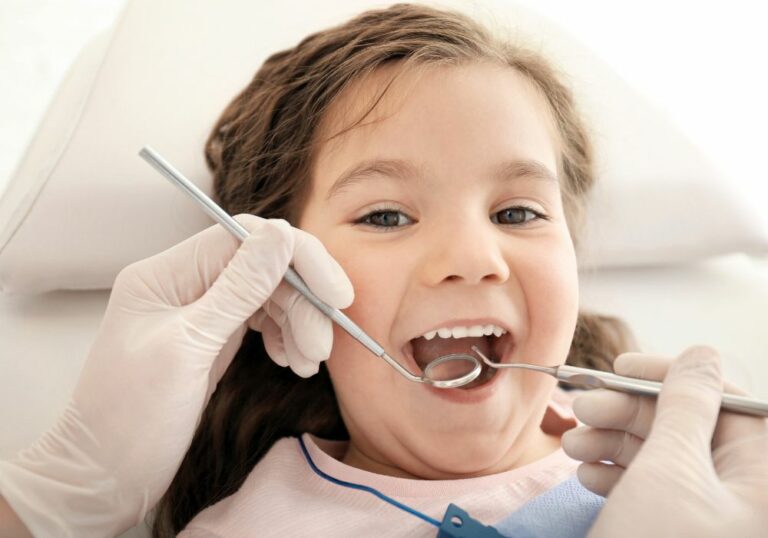Adjacent teeth are the teeth that are located next to each other in the mouth. They are important for maintaining a healthy and functional smile. When one or more teeth are missing, adjacent teeth may be affected, leading to problems with chewing, speaking, and overall oral health.
Adjacent teeth play a crucial role in supporting each other and maintaining proper alignment. When a tooth is lost, the adjacent teeth may shift or tilt into the empty space, causing problems with the bite and making it difficult to clean the teeth properly. This can lead to gum disease, tooth decay, and other dental problems.
In order to prevent these issues, it is important to replace missing teeth as soon as possible. There are several options available, including dental bridges and implants, that can help restore the function and appearance of your smile. By taking care of your adjacent teeth and addressing any dental problems promptly, you can maintain a healthy and beautiful smile for years to come.
Understanding Adjacent Teeth
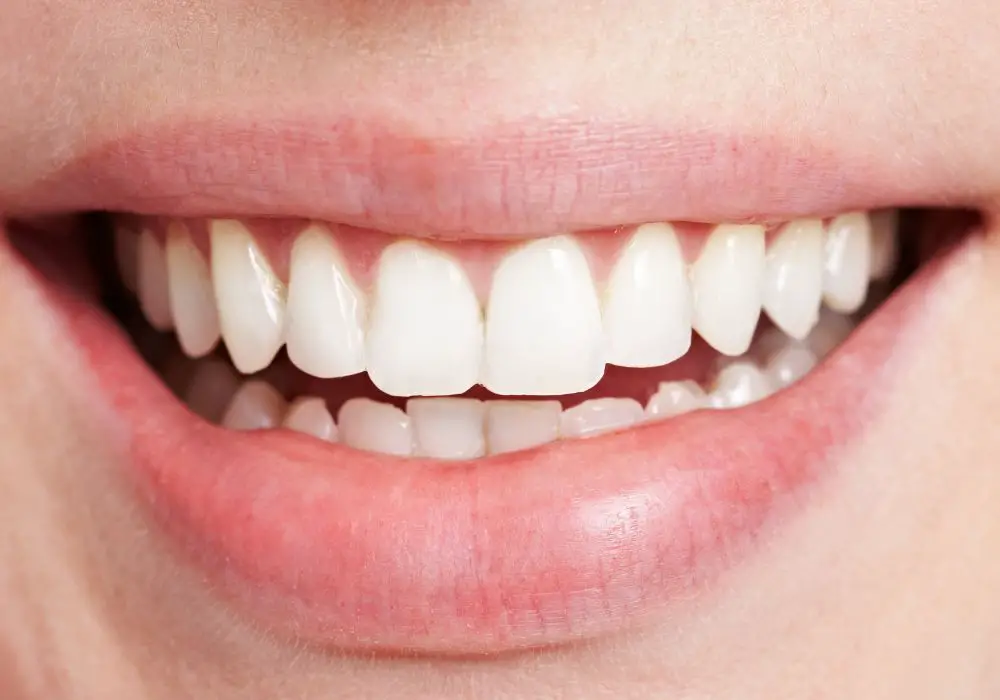
Adjacent teeth are the teeth that are located next to each other in the mouth. These teeth are important because they work together to help you chew and speak properly. Understanding adjacent teeth is important for maintaining good oral health.
When it comes to dental procedures, such as wisdom teeth extraction or dental bridge placement, it is essential to consider the impact on adjacent teeth. For example, wisdom teeth extraction can cause trauma to adjacent teeth if not done correctly. Therefore, analyzing adjacent tooth resistance is necessary to prevent adjacent tooth damage.
It is also important to note that the absence or extraction of adjacent teeth can affect the outcome of non-surgical periodontal therapy. This therapy is a treatment for periodontitis, a chronic infectious disease that affects the periodontium. The absence or extraction of adjacent teeth can make this treatment less effective.
To prevent damage to adjacent teeth during dental restorative procedures, the use of magnification glasses, surgical telescopes, or surgical microscopes is necessary. These tools provide a better view of the area being worked on, allowing for more precise and accurate procedures.
In addition, taking care of your dental bridge and adjacent teeth is crucial for their longevity. Proper brushing and flossing can help prevent damage to the porcelain used in the bridge and avoid negative impacts on the teeth connected to it. Avoiding bad habits such as chewing on ice or biting your nails can also help prevent damage to your adjacent teeth.
Overall, understanding adjacent teeth is essential for maintaining good oral health and preventing damage during dental procedures.
Role of Adjacent Teeth in Oral Health
Adjacent teeth are those teeth that are next to each other in the dental arch. They play a crucial role in maintaining good oral health. Here are some ways in which adjacent teeth contribute to your oral health:
Support for Chewing
Adjacent teeth work together to help you chew your food properly. When you bite down on food, your teeth come into contact with each other, and the pressure is distributed evenly across your dental arch. This helps to prevent any one tooth from bearing too much pressure, which can lead to dental problems such as cracks, fractures, and chipping.
Speech and Pronunciation
Your teeth and tongue work together to produce speech sounds. Adjacent teeth help to shape the sound of your voice and aid in the production of certain sounds. For example, your front teeth play an important role in the production of the “f” and “v” sounds, while your back teeth help to produce the “k” and “g” sounds.
In addition to these functions, adjacent teeth also help to maintain the alignment of your teeth and jaw. When a tooth is missing or extracted, the adjacent teeth can shift out of place, leading to dental problems such as crowding, misalignment, and bite problems.
Therefore, it is important to take care of your adjacent teeth by brushing and flossing regularly, and visiting your dentist for regular check-ups and cleanings. By doing so, you can help to maintain good oral health and prevent dental problems in the future.
Common Problems with Adjacent Teeth
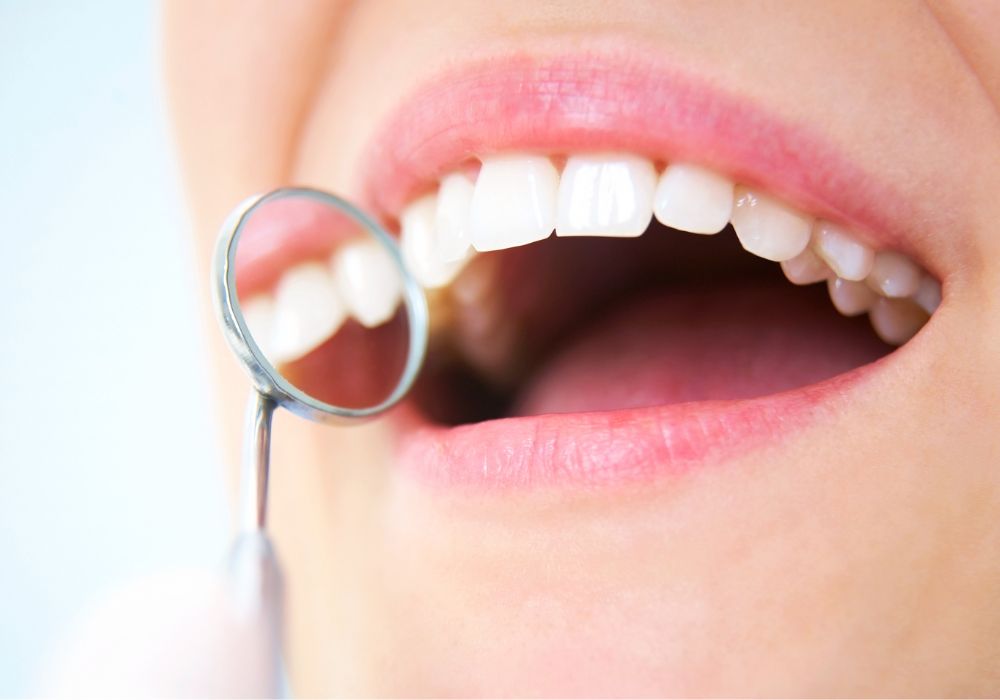
If you have adjacent teeth, it is important to take care of them properly to avoid any dental problems. Here are some common problems that can occur with adjacent teeth:
Tooth Decay
Tooth decay is a common dental problem that can affect adjacent teeth. It occurs when bacteria in your mouth produce acids that erode your tooth enamel. If left untreated, tooth decay can lead to cavities, which can cause pain and sensitivity.
To prevent tooth decay, it is important to maintain good oral hygiene. Brush your teeth twice a day with fluoride toothpaste, floss daily, and visit your dentist regularly for checkups and cleanings. Your dentist may also recommend dental sealants or fluoride treatments to help protect your teeth from decay.
Gum Diseases
Gum diseases, such as gingivitis and periodontitis, can also affect adjacent teeth. They occur when bacteria in your mouth infect your gums, causing inflammation and bleeding. If left untreated, gum diseases can lead to tooth loss.
To prevent gum diseases, it is important to maintain good oral hygiene. Brush your teeth twice a day with fluoride toothpaste, floss daily, and visit your dentist regularly for checkups and cleanings. Your dentist may also recommend deep cleaning or periodontal treatment to help treat gum diseases.
In addition to these common problems, adjacent teeth can also be affected by other dental issues, such as impacted teeth, misaligned teeth, and more. If you experience any dental problems, it is important to visit your dentist as soon as possible for proper diagnosis and treatment.
Care and Maintenance of Adjacent Teeth
Taking care of your teeth is essential for maintaining good oral health. However, it is equally important to take care of your adjacent teeth. Your adjacent teeth are the teeth that are next to a missing tooth or teeth. Here are some tips on how to care for your adjacent teeth:
Regular Brushing
Brushing your teeth twice a day is important for maintaining good oral hygiene. When brushing your teeth, make sure to brush your adjacent teeth as well. Brushing your adjacent teeth helps to remove any plaque or food particles that may have accumulated on the surface of the teeth.
Flossing
Flossing is another important aspect of oral hygiene. Flossing helps to remove any food particles or plaque that may have accumulated in between your teeth. When flossing your teeth, make sure to floss your adjacent teeth as well. This will help to prevent any gum disease or tooth decay that may occur as a result of poor oral hygiene.
Dental Check-ups
Regular dental check-ups are important for maintaining good oral health. During your dental check-up, your dentist will examine your teeth and check for any signs of gum disease or tooth decay. Your dentist may also recommend a dental cleaning to remove any plaque or tartar that may have accumulated on your teeth.
In conclusion, taking care of your adjacent teeth is important for maintaining good oral health. Regular brushing, flossing, and dental check-ups can help to prevent any gum disease or tooth decay that may occur as a result of poor oral hygiene.
Treatment Options for Adjacent Teeth Problems
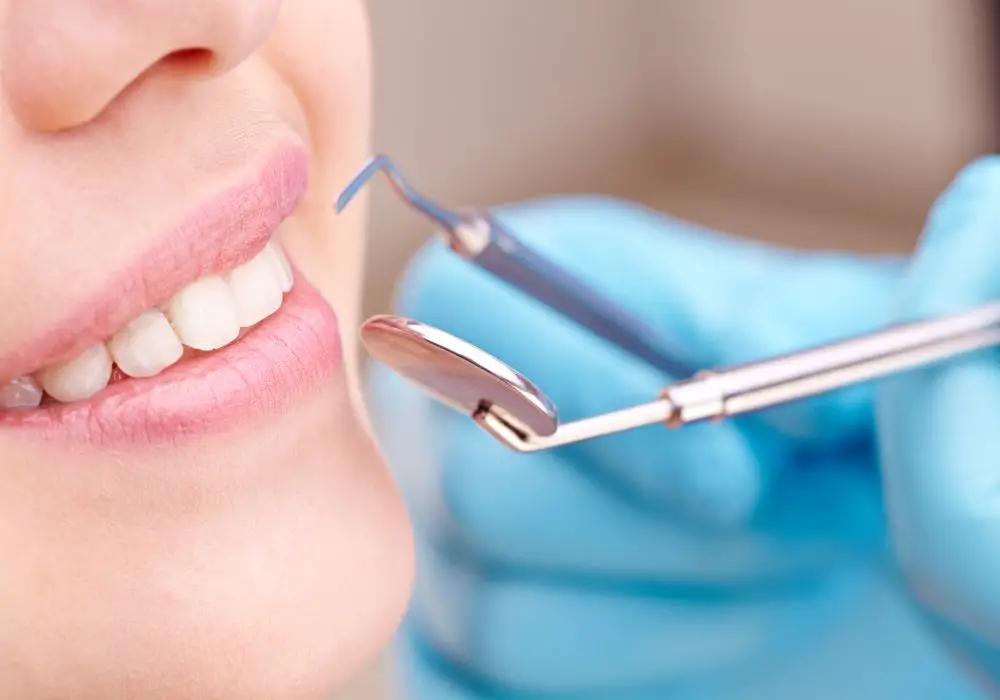
If you are experiencing problems with your adjacent teeth, there are several treatment options available to you. Depending on the severity of the issue, your dentist may recommend one or more of the following treatments:
Fillings
If the issue with your adjacent teeth is a cavity, your dentist may recommend a filling. Fillings are a common treatment for cavities and involve removing the decayed portion of the tooth and filling it with a material such as composite resin or amalgam. Fillings can help prevent further decay and restore the strength and function of the affected tooth.
Root Canal Therapy
If the issue with your adjacent teeth is more severe, such as an infection or abscess, your dentist may recommend root canal therapy. Root canal therapy involves removing the infected or damaged portion of the tooth, cleaning the root canals, and filling them with a material to prevent further infection. This treatment can help save the affected tooth and prevent the infection from spreading to other teeth.
Dental Implants
If one or more of your adjacent teeth are missing, your dentist may recommend dental implants as a treatment option. Dental implants involve surgically placing a titanium post into the jawbone, which then fuses with the bone to provide a stable base for a replacement tooth. Implants can help restore the function and appearance of your smile and prevent further dental problems.
Overall, the best treatment option for your adjacent teeth will depend on the specific issue you are experiencing and the severity of the problem. Your dentist will be able to recommend the best course of treatment for you based on your individual needs and preferences.
Frequently Asked Questions
How can adjacent teeth be damaged during tooth extraction?
When a tooth is extracted, the adjacent teeth can be damaged if the dentist is not careful. This can happen if the dentist uses too much force when pulling the tooth, or if the tools used during the procedure accidentally hit the adjacent teeth. It is important to choose an experienced and skilled dentist to perform the tooth extraction to minimize the risk of damage to the adjacent teeth.
What is the space between two adjacent teeth called?
The space between two adjacent teeth is called an interdental space or interproximal space. This space can vary in size depending on the size of the teeth and the alignment of the teeth in the jaw.
How can you protect your adjacent teeth?
To protect your adjacent teeth, it is important to practice good oral hygiene. This includes brushing your teeth twice a day, flossing daily, and using mouthwash to kill bacteria. It is also important to visit your dentist regularly for check-ups and cleanings. If you have a tooth that needs to be extracted, be sure to choose an experienced and skilled dentist to minimize the risk of damage to the adjacent teeth.
What is the meaning of opposing teeth?
Opposing teeth are the teeth that come into contact with each other when you bite down or chew. These teeth are located in the opposite arch of the jaw and help to distribute the force of your bite evenly.
What is the definition of adjacent teeth?
Adjacent teeth are the teeth that are next to each other in the same dental arch. These teeth can be on either side of a missing tooth and can be used to support a dental bridge.
What causes adjacent tooth pain after extraction?
Adjacent tooth pain after extraction can be caused by a number of factors, including damage to the adjacent teeth during the procedure, infection, or inflammation. If you experience pain in your adjacent teeth after a tooth extraction, be sure to contact your dentist for an evaluation.


